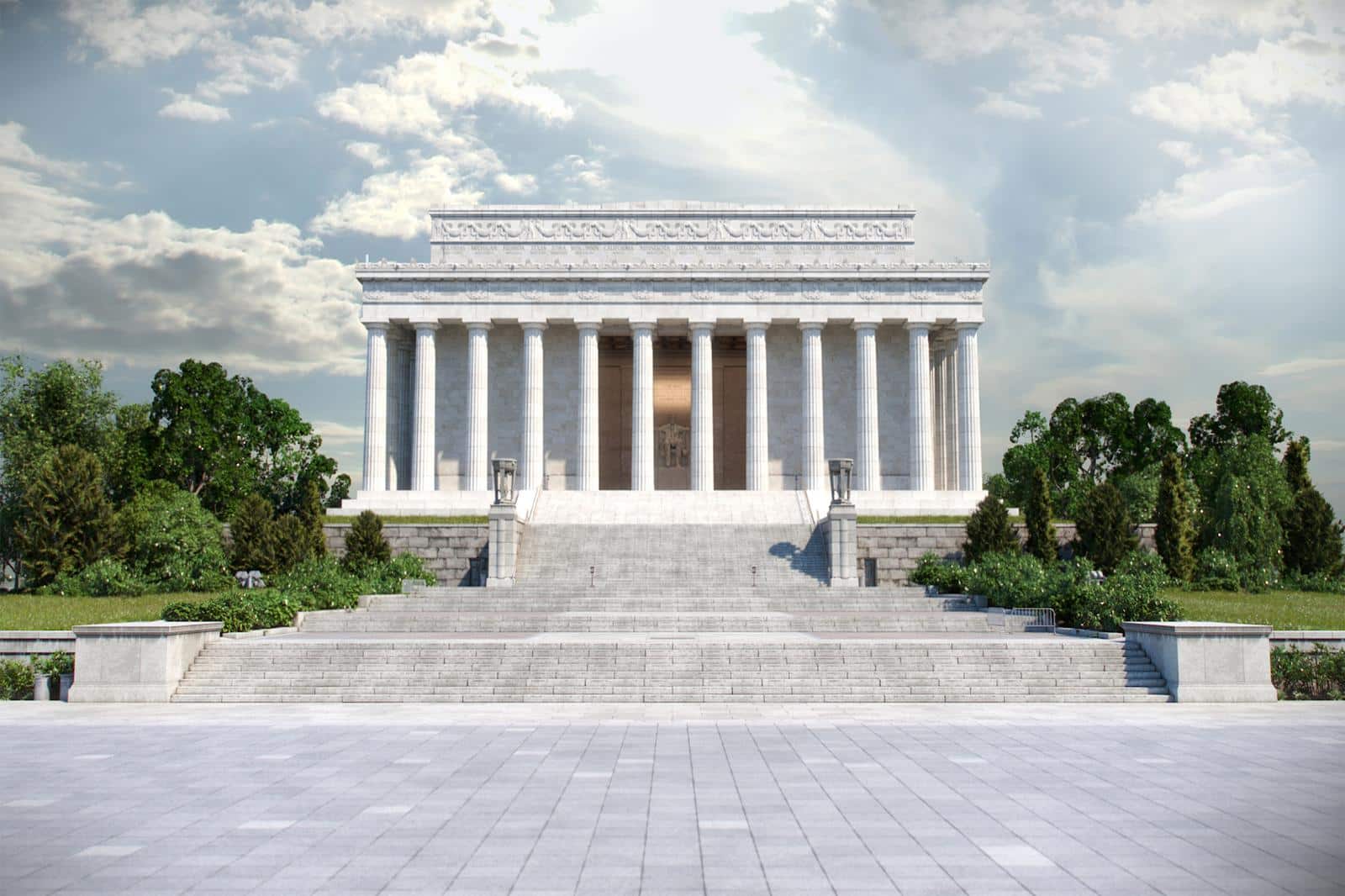Fugitive Slaves and American Federalism
From the Constitutional Convention of 1787 until the end of the Civil War, slavery undermined American federalism and challenged the very possibility of harmony…
This encyclopedia provides a comprehensive reference explaining the major concepts, institutions, court cases, epochs, personalities, and policies that have shaped, or been shaped by, American federalism. It describes federalism’s creation and evolution, and its influence on local, state, and national governmental institutions, procedures, and policies. The models used to explain the various historical eras in the development of federalism are also included. Originally published by Greenwood Press in 2005, this encyclopedia contained over 400 entries relating to American federalism. In its current online form, entries are being added and old ones updated. See more…

From the Constitutional Convention of 1787 until the end of the Civil War, slavery undermined American federalism and challenged the very possibility of harmony…
No person rose from more humble beginnings, was more brilliant, and seemed more fully prepared for service on the Supreme Court than Felix Frankfurter.…
In Franchise Tax Board of California v. Hyatt (2019), the Supreme Court ruled in a 5-4 decision that a state’s sovereign immunity protects a…
The States’ Federalism Summit was a three-day conference held in October 1995 in Cincinnati, Ohio, to assess the state of American federalism and to…
The case of Texas v. White (1869) is particularly important because in it the Supreme Court, speaking through Chief Justice Salmon P. Chase, gave…
Local governments are organized closest to where people live in order to meet community needs, solve problems, and deliver basic life amenity services. In…
This entry examines significant health policy at the state and national levels largely since the New Deal and describes the nature of intergovernmental relations.…
There is a strong commitment to states’ rights in American political culture, and an even deeper dedication to local control. As a result many…
Article IV, Section 3, of the Constitution empowers Congress “to dispose of and make all needful rules and regulations respecting the territory or other…
The final quarter of the twentieth century brought a resurgence of interest in state constitutions, as lawyers, law professors, and, most famously, U.S. Supreme…
Special districts are units of government that have elected or appointed officials and public accountability to other units of government normally within a narrowly…
The problem of water pollution became a public concern in 1969, when the polluted Cuyahoga River, flowing through Cleveland, Ohio, caught fire. The Safe…
There are over 573 million acres of land in the federally held public domain. The public lands are some 264 million acres of federal…
144 to 156
|
481 Results
The Center for the Study of Federalism (CSF) is a nonpartisan, interdisciplinary research and education institution dedicated to supporting and advancing scholarship and public understanding of federal theories, principles, institutions, and processes as practical means of organizing power in free societies.
All of the CSF Fellows hold advanced degrees, are affiliated with academic institutions, and are scholarly experts in their fields. For more on each Fellow see CSF Fellows.
Most political and public issues in the United States are influenced to some extent by its federal system. Yet many do not understand that system. The CSF website seeks to foster a better understanding among the general public and scholars of federal governing systems generally and, specifically, of the federal system of government in the United States of America.
The CSF materials are free to use for educational purposes. If published, please acknowledge CSF as the source. If you intend to use these materials for profit, please, contact the Center for the Study of Federalism for permission. Some materials on the website are not owned by CSF and permission to use those materials should be sought with those holding legal title to the material.
Click here to sign-up to receive notifications about CSF materials and events. We will not share your email with any outside organizations or individuals.
Please direct all questions and comments related to this website, and inquiries about the research and teaching grants and awards, to us here. Remember CSF is a nonpartisan, interdisciplinary research and education institution.